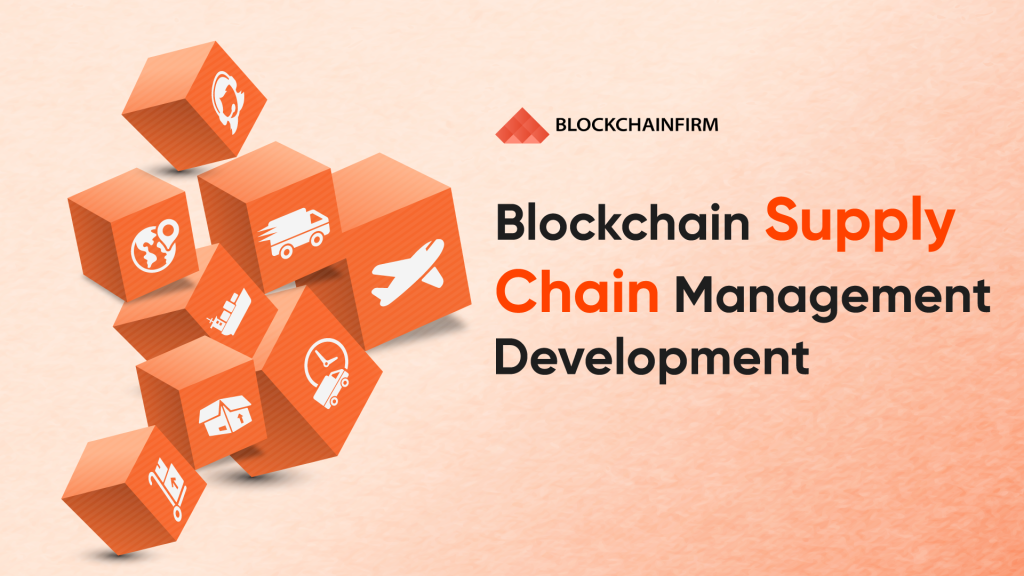The need for Blockchain supply chain management development arose in order to improve the existing logistics sector. With the growth of the supply chain, the involvement of several intermediaries is undeniable. This leads to concerns about honesty, transparency, and reliability of the systems that ensure them.
Societies expand and technologies grow at a rapid pace. But with that, newer and complicated challenges come that pose a roadblock.

What are the challenges faced?
Some of the core areas that require constant focus and improvements are,
- Inventory Management.
- Risk Assessment.
- Resource Allocation.
- Data management.
- Operations Coordination.
So how does Blockchain resolve the pressing challenges?
Blockchain-based data management systems such as the distributed ledgers offer diverse benefits. They include seamless tracking as ledgers are transparent by nature. Records are immutable, thus eliminating the possibility of editing or falsifying information. These two features ensure proficient data management.
Advocating the utility of P2P networks empowers the supply chain entities to access high-speed transactions. Business operations are made seamless owing to the involvement of fewer participants.
Blockchain offers reliable and economic solutions to overcome several challenges. Smart contracts automate trade processes. They also extend contingency processes to ensure risk elimination from both ends.
Decentralization empowers all the parties involved in the supply chain. It promotes different entities to function independently but also ensures harmony in logistics.
What are the areas in supply chain management that benefit the most by blockchain?
- Production/ Manufacturing.
- Quality Analysis.
- Shipping.
- Delivery operations.
- Refunds.
Comments
Post a Comment